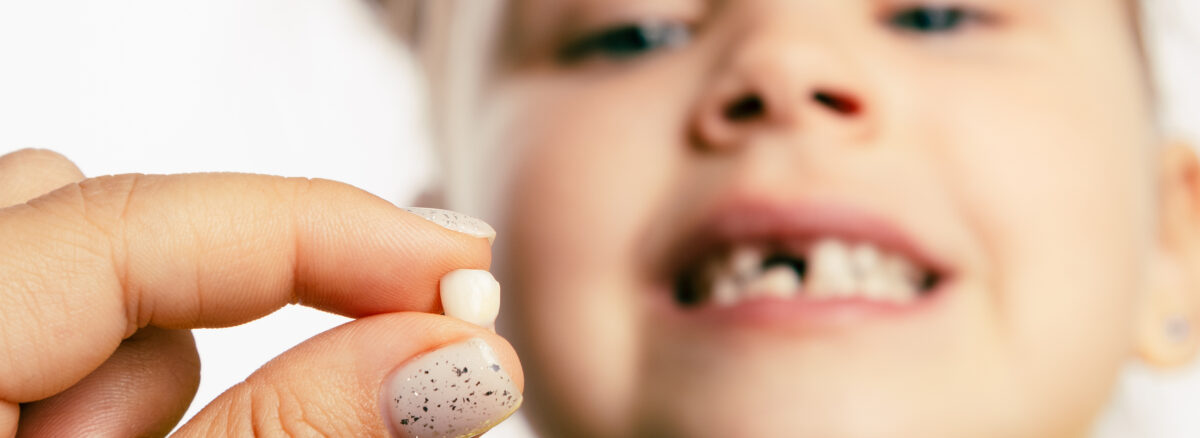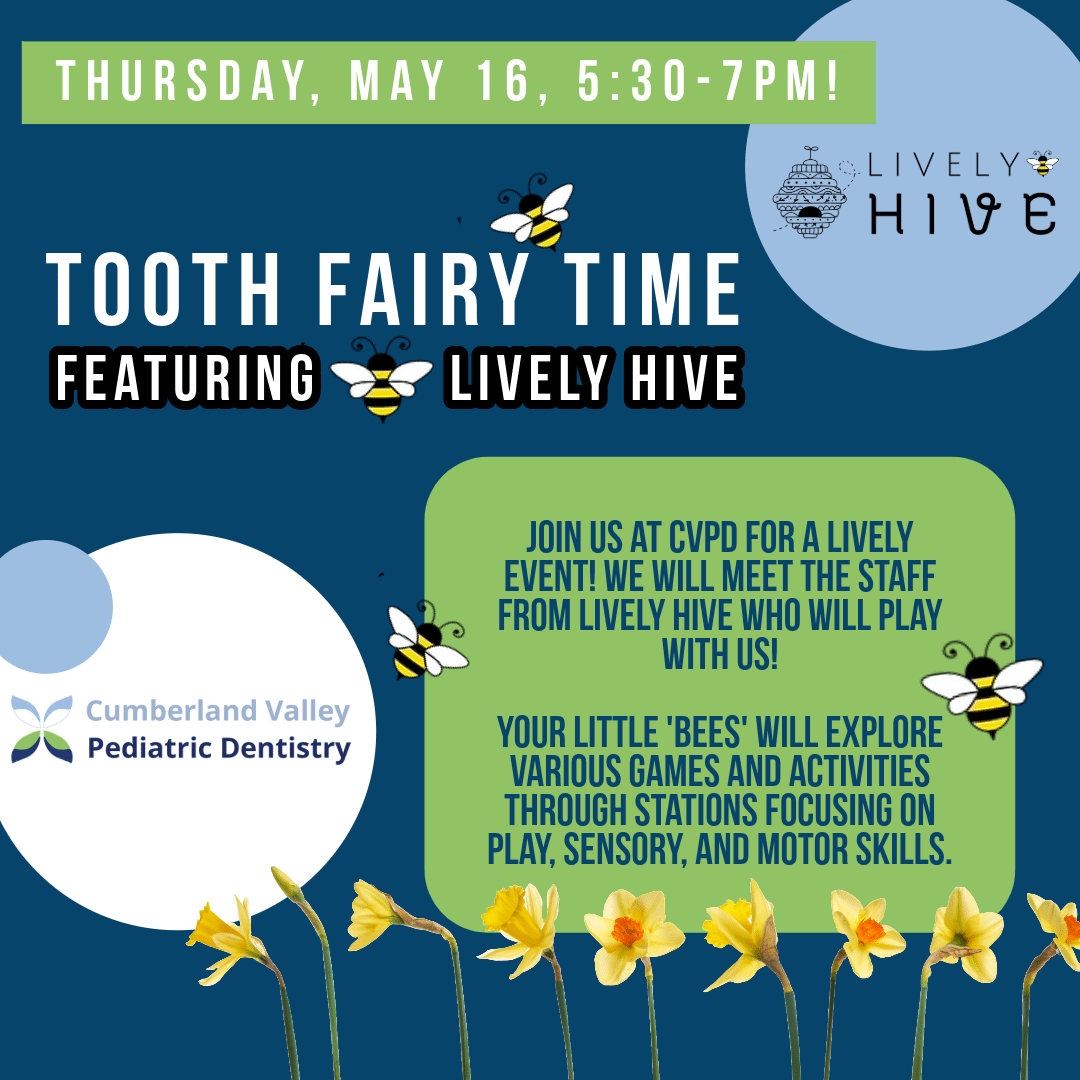Understanding Your Child’s Tooth Development
As pediatric dentists, one of the most common questions we receive from parents is, “When will my child’s permanent teeth come in and baby teeth fall out?”
Tooth development is an exciting milestone in your child’s growth, and understanding the timeline can help you better support your child’s oral health.
In this blog post, we’ll provide an overview of when you can expect your child’s baby teeth to fall out and permanent teeth to come in.
When Do Baby Teeth Fall Out?
On average, children begin to lose their baby teeth around age 6, though some may start as early as 4 or as late as 7. This process continues until around age 12, when most children will have lost all their baby teeth.
The first teeth to fall out are usually the central incisors (the front teeth) in the lower jaw.
It’s important to note that every child is different, and some may lose teeth earlier or later than others. If you have concerns about your child’s tooth development, don’t hesitate to consult with us.
Baby Teeth: The First Set
Baby teeth, also known as primary teeth or deciduous teeth, typically start to erupt through the gums around 6 months of age. Most children will have a full set of 20 baby teeth by the age of 3. These teeth are important for several reasons:
- They help your child chew and eat properly
- They aid in speech development
- They maintain space for the permanent teeth to erupt correctly
Permanent Teeth: The Second Set
As baby teeth fall out, permanent teeth will begin to erupt in their place. The first permanent teeth to come in are usually the first molars (back teeth), which erupt around age 6. These molars come in behind the baby teeth and do not replace any of them.
The permanent teeth that replace baby teeth will typically erupt in the following order:
- Central Incisors (Front Teeth): 6-8 years old
- Lateral Incisors (Next to Front Teeth): 7-9 years old
- Canines (Pointy Teeth): 9-12 years old
- Premolars (Between Canines and Molars): 10-12 years old
- Second Molars: 11-13 years old
By age 13, most children will have 28 of their 32 permanent teeth. The remaining four teeth, called wisdom teeth, usually erupt between the ages of 17 and 21.
Supporting Your Child’s Tooth Development
To help support your child’s tooth development and overall oral health, consider the following tips:
- Begin oral care early, even before the first tooth erupts
- Brush your child’s teeth twice daily with a toothpaste
- Floss daily once teeth begin to touch
- Limit sugary and acidic foods and drinks
- Schedule regular dental check-ups with a pediatric dentist
Your Partners in Your Child’s Oral Health
At Valley Pediatric Dentistry, we’re committed to being your partners in your child’s oral health journey. Our team of experienced pediatric dentists is here to provide the highest quality of care in a child-friendly environment, from infancy through the teenage years.
If you have any questions or concerns about your child’s tooth development or oral health, please don’t hesitate to reach out to us. We’re here to support you and your child every step of the way, ensuring a lifetime of healthy smiles.
At Valley Pediatric Dentistry, we have 3 convenient locations in Harrisburg, Camp Hill, and Carlisle.
Don’t wait – schedule an appointment online today!
- August 7, 2024
- Uncategorized


